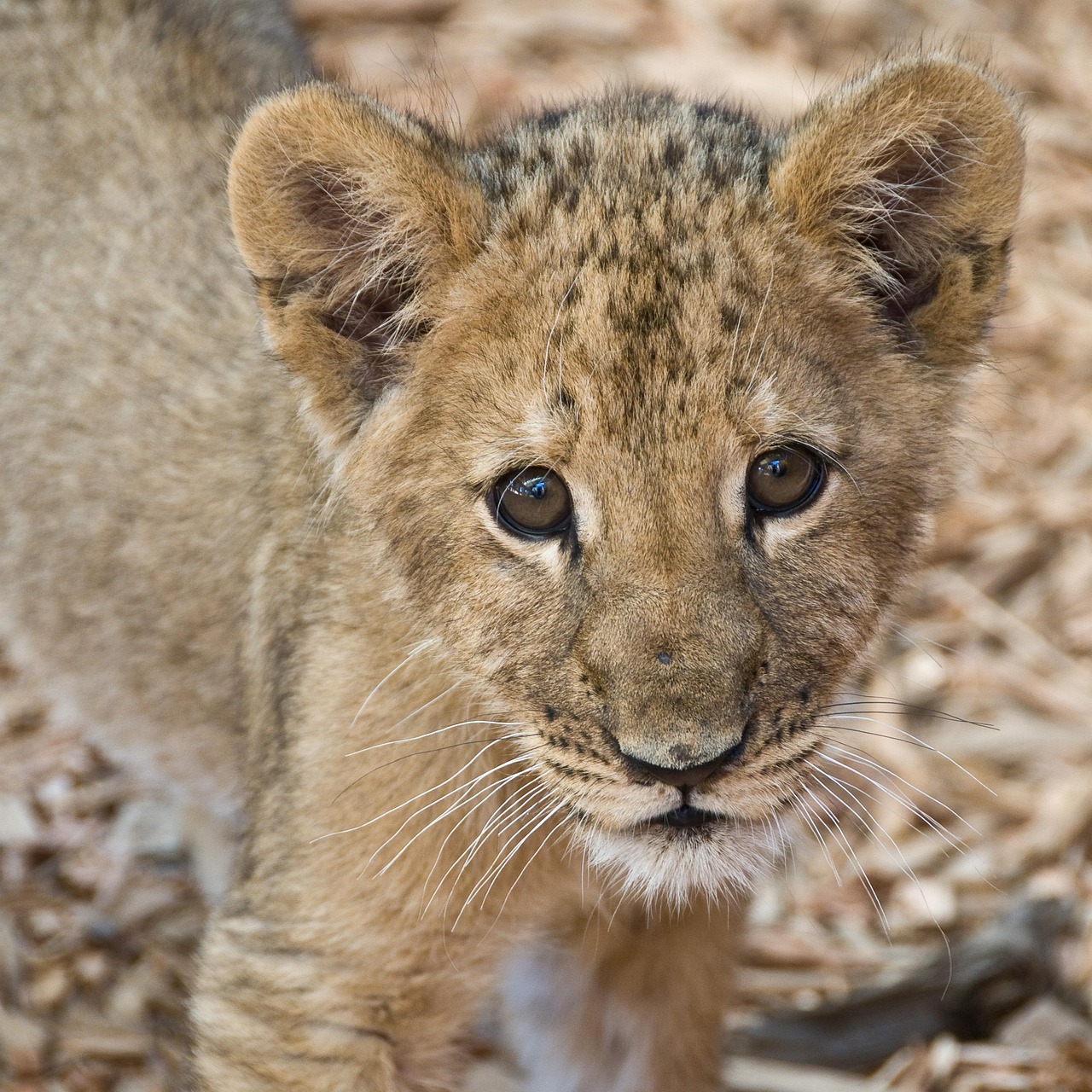Lion cubs Growing Up in the Wild:
The Hidden Lives of Lion Cubs: Facts, Family, and Fierce Bonds
Lions, often referred to as the kings of the savannah, live complex lives deeply rooted in family structures, survival instincts, and fierce loyalty. Among these majestic creatures, lion cubs hold a special charm—playful, vulnerable, and full of curiosity.
This article uncovers everything you need to know about lion cubs, from birth to adulthood, answering some of the most intriguing questions found online.
What Are Lion Cubs Called?
While commonly referred to as cubs, some playful slang terms like “kitten kings” or “mini monarchs” pop up in creative circles, though they aren't used scientifically.

Unlike domestic cats, lion babies aren’t called kittens because they belong to the Panthera genus, where cub is the proper designation.
Fun Facts About Lion Birth
- Gestation period: About 110 days.
- Birthing process: Lionesses leave the pride to give birth in secluded areas for safety.
- Female cubs: Still called cubs—there's no specific term for a female lion baby.
- Group name: A bunch of cubs may informally be called a “litter,” although no standard collective term exists.
Just like Simba in The Lion King, most cubs are born weighing only 1–2 kilograms. They remain with their mother for the first few weeks before being introduced to the pride.
Do Male Lions Stay With Their Cubs?
Male lions often have a misunderstood role in cub-rearing. While they don’t actively parent, their presence provides protection.
Fatherly Facts and Pride Politics
Lion dads: Rarely show affection or participate in cub care.
Male lions: Frequently pushed out of the pride around age 2–3.
Loyalty: Male lions are not monogamous and often mate with multiple lionesses.
Why male lions get kicked out: It's nature’s way of preventing inbreeding and promoting strong genetics.
Do males recognize their cubs? There’s limited evidence—protection seems more territorial than paternal.

